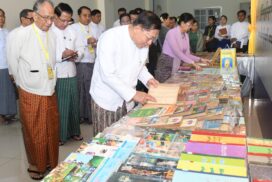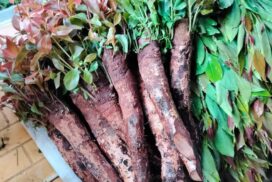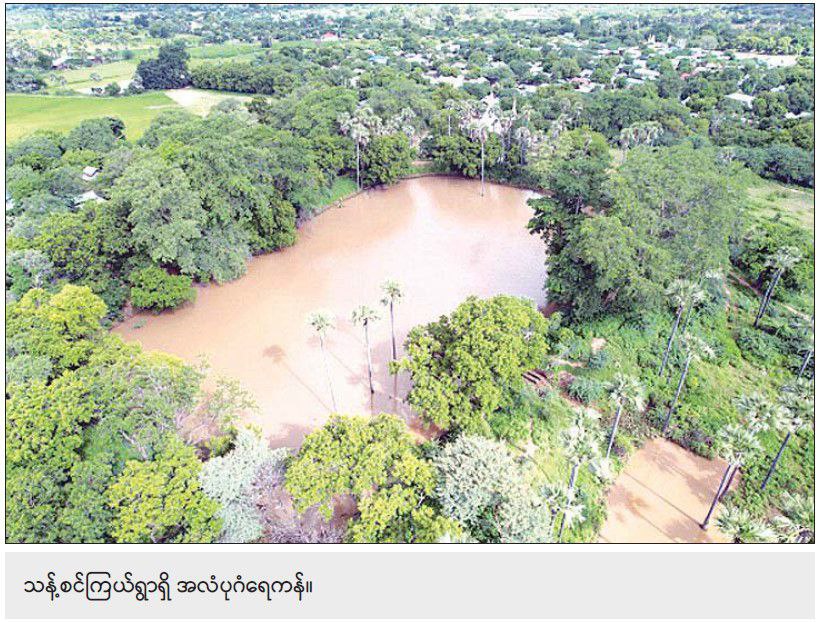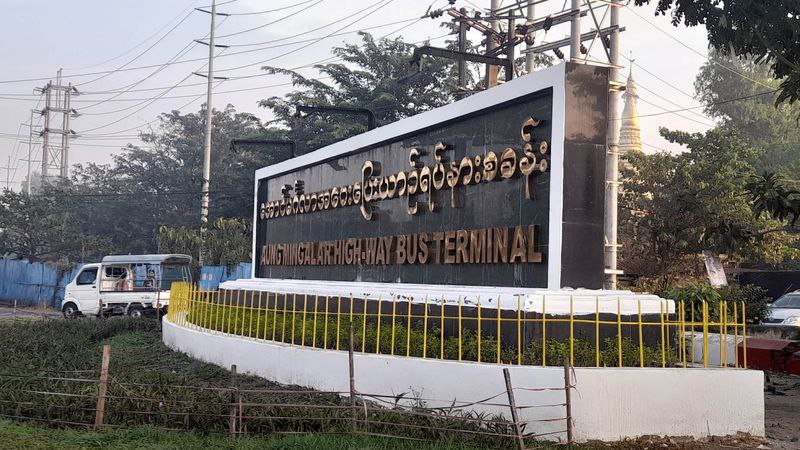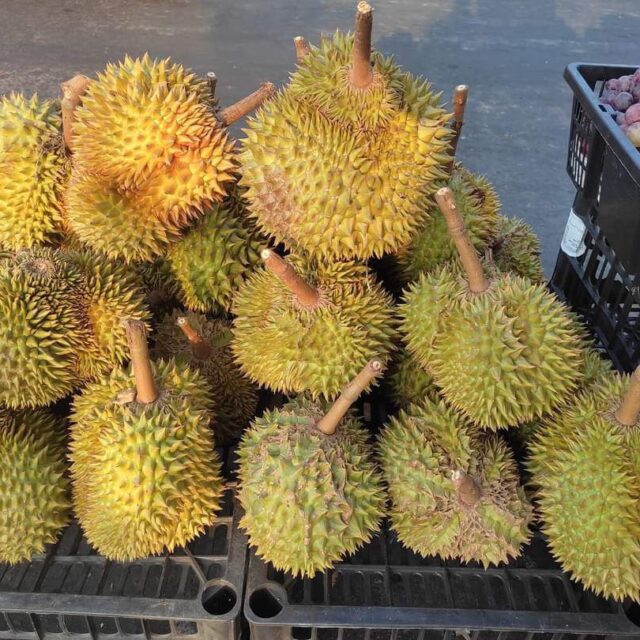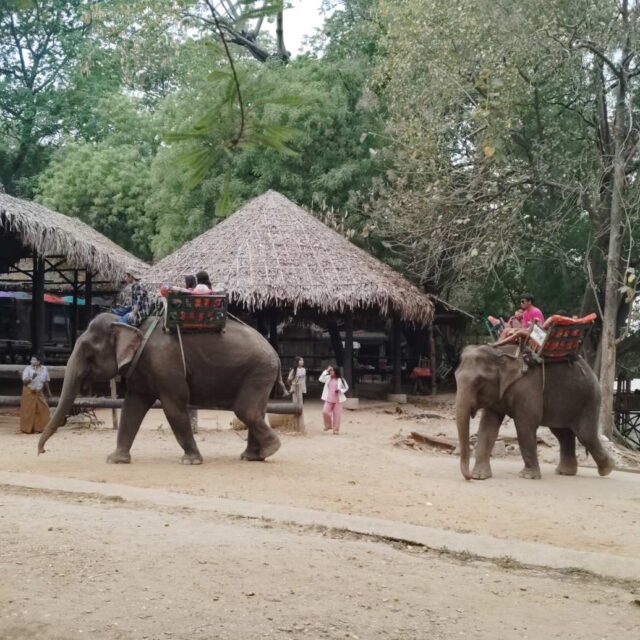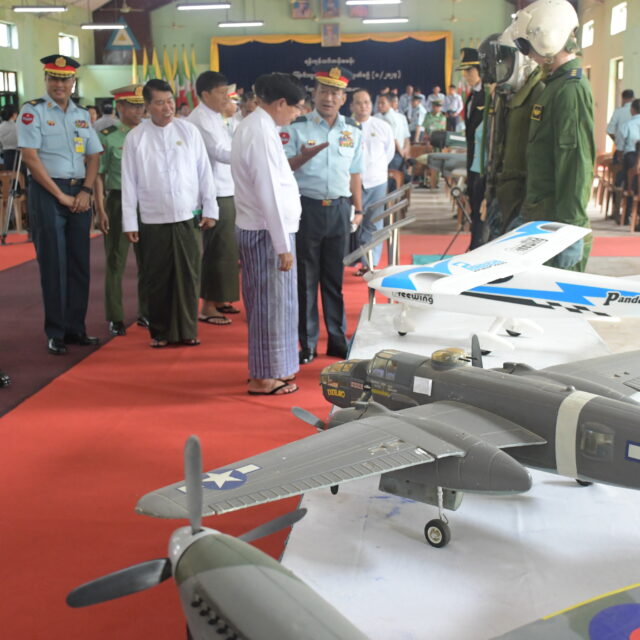While the cattle trade to China needs to be recovered, a report on planning to establish a foot-and-mouth disease (FMD) free zone, control zone and vaccination areas in a border town with China comes as a ray of hope for revitalizing the cattle trade with the neighbouring country.
The Ministry of Agriculture, Livestock and Irrigation said an FMD free zone, control zone vaccination areas would be established in Kutkai, Muse District, where animal disease surveillance station is also located.
The development of FMD zones will boost the cattle export to China through the land border and will help bring about the local breeders’ socio-economic development, market potentials for the livestock products and revenue for the country.
Food animal trade, which is one of the most devastating diseases of livestock, is playing an important role in poverty alleviation.
Myanmar’s live cattle export is heavily relying on the China market due to a reasonable price. However, Myanmar has other external markets such as Laos, Thailand, Malaysia and Bangladesh.
Food animal trade, which is one of the most devastating diseases of livestock, is playing an important role in poverty alleviation.
The disease is caused by infection with a picornavirus, generically referred to as FMD virus (FMDV), which is considered one of the most infectious agents affecting animals. FMD status affects national and international movement and trade of animals and animal products.
Live cattle export was allowed in late 2017 to eradicate illegal exports, creating more opportunities for cattle farmers and promoting their interests.
Myanmar can yearly export around 500,000 heads of cattle beyond domestic consumption.
For cattle trade, China permits live cattle import only after ensuring the cattle is free from 20 diseases, including Foot and Mouth Disease, along with vaccination certificates, health certificates, and farming registration certificates.
Hence, the time comes to promote the awareness of livestock industry stakeholders on the transboundary animal disease.
Meanwhile, the Ministry of Agriculture, Livestock and Irrigation, especially Livestock Breeding and Veterinary Department, also needs to focus not only on the prevention and control of the livestock diseases but also on the social-economic impact for both national and regional interests with relevant resource expertise and applicable logical approach.



